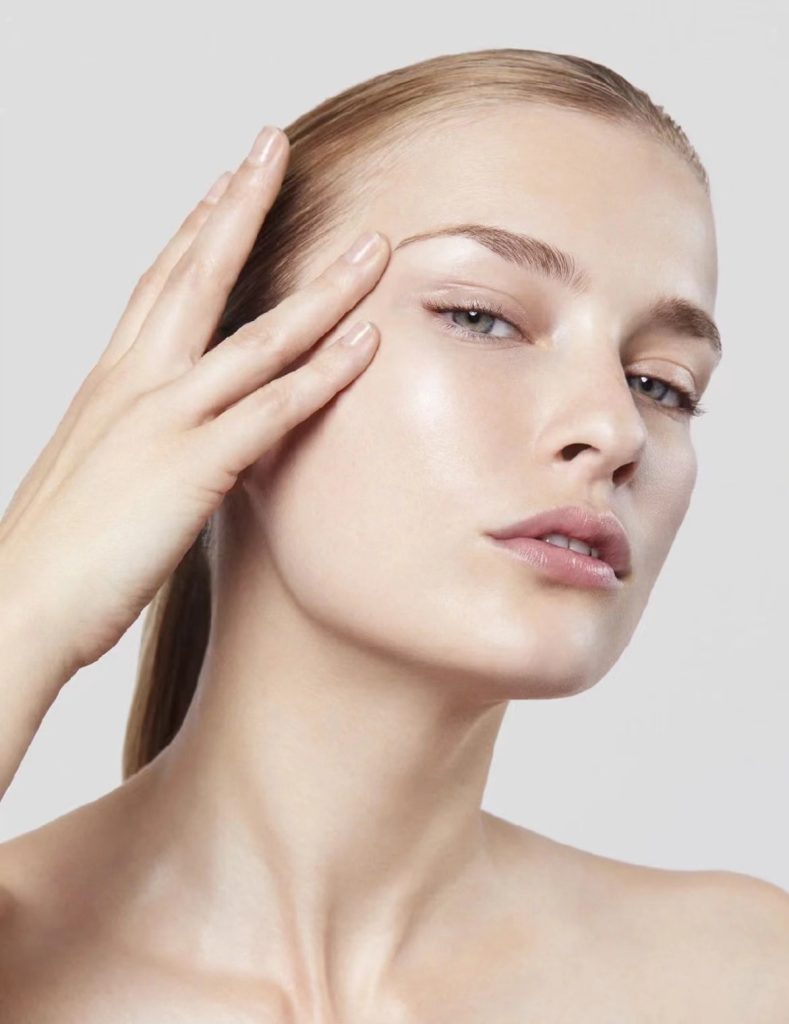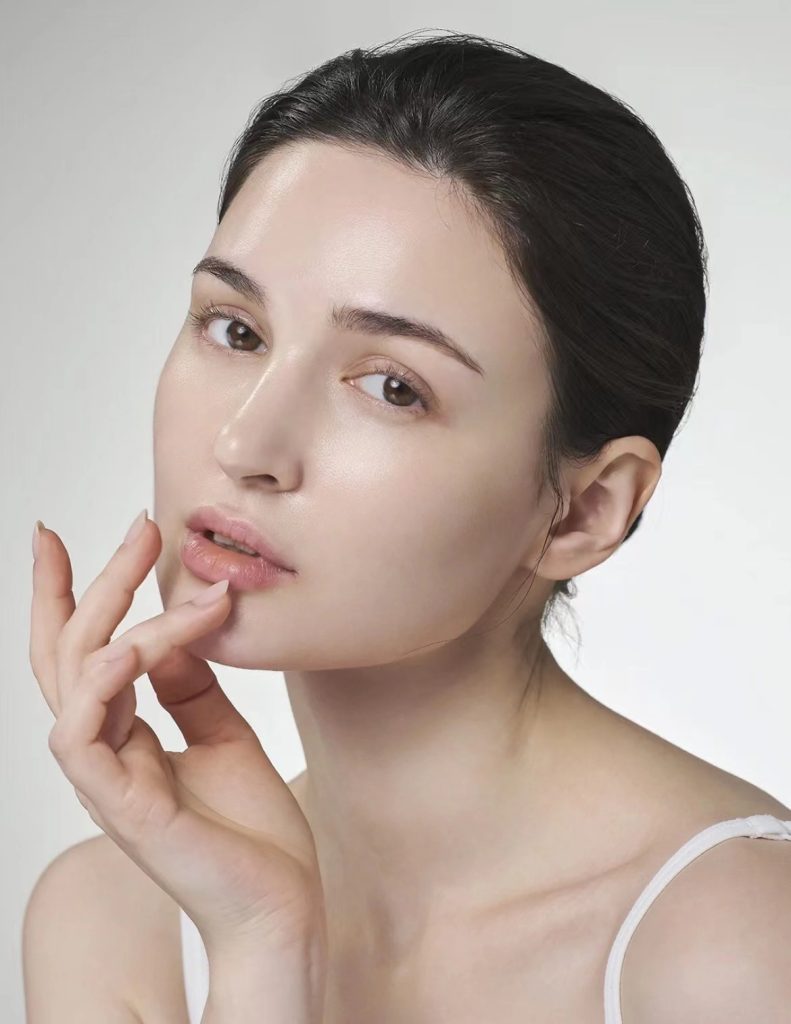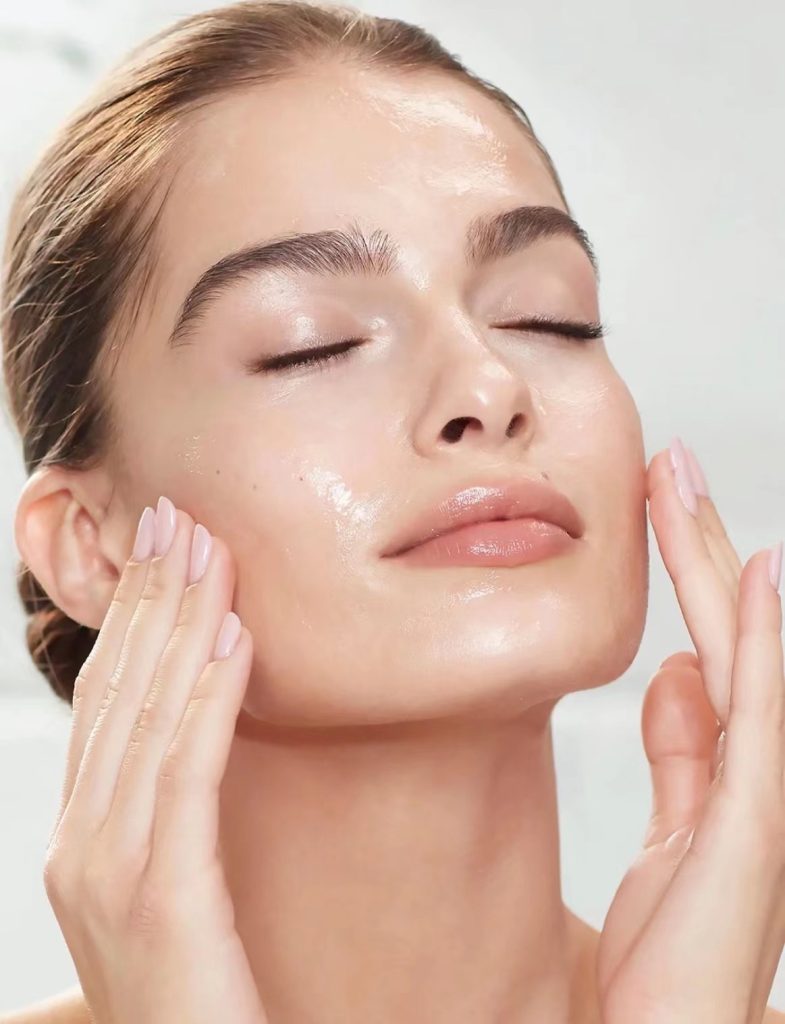Oily skin and acne can be frustrating and impact our self-confidence. These skin conditions are prevalent and affect people of all ages. While oily skin is characterized by excessive sebum production, leading to a shiny and greasy appearance, acne occurs when hair follicles become clogged with oil and dead skin cells, resulting in pimples, blackheads, and whiteheads. However, there is good news – with the right skincare routine and lifestyle changes, you can manage and improve these conditions. In this article, we will explore effective solutions for oily skin and acne to achieve a clear and balanced complexion.
- Gentle Cleansing Routine
An essential step in managing oily skin and acne is establishing a gentle cleansing routine. Avoid harsh cleansers or overwashing your face, as this can strip the skin of its natural oils and trigger more oil production. Opt for a mild, soap-free cleanser with salicylic acid or benzoyl peroxide, as they can help to unclog pores and reduce acne-causing bacteria.
Wash your face twice a day, in the morning and evening, and after sweating. Be sure to use lukewarm water, as hot water can further irritate the skin. Pat your face dry gently with a clean towel instead of rubbing, as rubbing can aggravate acne-prone skin.

- Exfoliation for Cell Turnover
Regular exfoliation is crucial for promoting cell turnover and preventing the buildup of dead skin cells that can clog pores. However, avoid aggressive scrubbing, as it can cause irritation and worsen acne. Instead, opt for chemical exfoliants containing alpha hydroxy acids (AHAs) or beta hydroxy acids (BHAs) like glycolic acid and salicylic acid.
Exfoliate two to three times a week to reveal fresher, smoother skin. Remember to follow exfoliation with a good moisturizer to keep your skin hydrated.

- Balancing with Toning
Toning is an essential step in balancing oily skin and reducing acne. Look for toners with ingredients like witch hazel or chamomile, as they have natural astringent properties that can help control excess oil production. Toners also prepare the skin for better absorption of serums and moisturizers.
Apply the toner with a cotton pad after cleansing and before applying any other products. Avoid toners containing alcohol, as they can be overly drying and potentially irritate the skin.

- Nourishing with Lightweight Moisturizers
Contrary to popular belief, even oily skin needs hydration. Look for lightweight, non-comedogenic moisturizers that won’t clog pores. Gel-based or oil-free formulas are ideal for oily and acne-prone skin, as they provide moisture without leaving a heavy or greasy feeling.
Applying a good moisturizer helps maintain the skin’s natural barrier, preventing excessive oil production and promoting overall skin health.
- Targeted Treatments for Acne
To address active acne, consider incorporating targeted treatments into your skincare routine. Over-the-counter acne treatments containing benzoyl peroxide or salicylic acid can be effective in reducing inflammation and fighting acne-causing bacteria. For more severe acne, consult a dermatologist for prescription-strength treatments like topical retinoids or antibiotics.
Apply these treatments directly to affected areas and follow the instructions provided to avoid irritation.
- Sun Protection
Sunscreen is essential for all skin types, including oily and acne-prone skin. Look for oil-free, non-comedogenic sunscreens with at least SPF 30. Sunscreen protects the skin from harmful UV rays and prevents post-inflammatory hyperpigmentation, which can occur after acne breakouts.
Remember to reapply sunscreen every two hours when outdoors and limit sun exposure, especially during peak hours.

- Dietary Considerations
What we put into our bodies can also impact our skin. Some studies suggest that diets high in refined carbohydrates and dairy products may exacerbate acne. While the relationship between diet and acne varies from person to person, it is essential to maintain a balanced diet rich in fruits, vegetables, and whole grains.
Stay hydrated by drinking plenty of water throughout the day to keep the skin hydrated and aid in the elimination of toxins.
- Stress Management
Stress can have a significant impact on the skin, leading to increased oil production and acne breakouts. Engaging in stress-reducing activities like yoga, meditation, or spending time in nature can help manage stress levels and promote healthier skin.
- Avoiding Touching or Picking
Resist the temptation to touch or pick at acne blemishes, as this can worsen inflammation, lead to scarring, and spread bacteria. Touching your face with unwashed hands can also introduce dirt and germs to your skin, exacerbating acne.
Conclusion
Managing oily skin and acne requires patience, consistency, and a holistic approach. Establishing a gentle cleansing routine, exfoliating regularly, and using targeted treatments can help control excess oil and prevent acne breakouts. Prioritize sun protection and a balanced diet while managing stress levels to further improve skin health. Remember that each person’s skin is unique, so finding the right combination of solutions may take time and experimentation. If your acne persists or worsens, consult a dermatologist for personalized advice and treatment options. With the right skincare routine and lifestyle adjustments, you can achieve a clear and balanced complexion, boosting your confidence and overall well-being.







